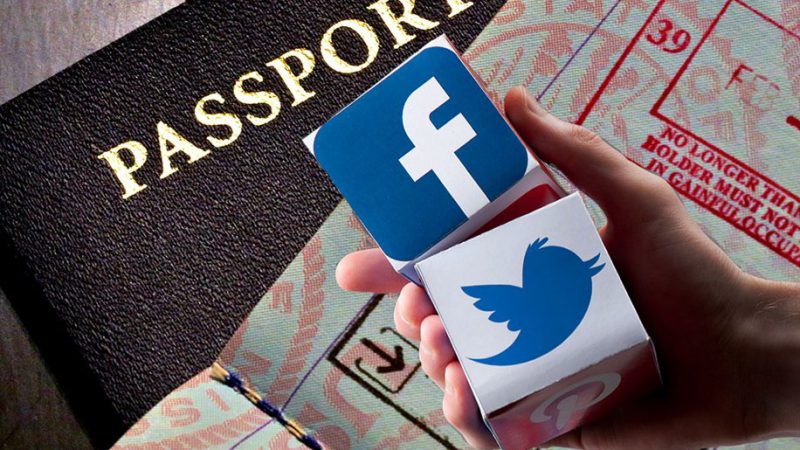The US State Department has restarted the processing of student visa applications for F, M, and J categories, reversing a pause implemented in May 2025. However, it has introduced a new requirement: applicants must make their social media profiles public for official review, citing national security concerns.
Visa Services Restarted After Temporary Hold
In May 2025, the Trump administration suspended new student and exchange-visitor visa interviews worldwide as it revised its vetting procedures. On Wednesday, the State Department announced that visa services have resumed, but with increased scrutiny due to updated policies.
Social Media Must Be Accessible to Consular Officers
Applicants are now required to adjust their privacy settings to public across all social media platforms. Consulate officials have been instructed to scrutinize applicants’ content for signs of anti-American sentiment, hostility toward US institutions, or support for extremist causes, including terrorism or antisemitism. Closed accounts—or refusing to comply—may lead to visa rejection under the new rules.
Impact on International Students & Institutions
The change affects roughly 1.1 million international students enrolled in US institutions during the 2023–24 academic year. Visa applications from countries like China, India, Mexico, and the Philippines are now subject to more intense screening. Priority is reportedly given to applicants attending schools where international students constitute less than 15% of the student body—whereas top-tier institutions like the Ivy League may receive less focus under the new guidelines.
Read Also: Ghana Slashes Visa Processing Time to Five Days to Boost Tourism and Investment
Concerns Over Free Speech & Academic Freedom
Civil liberty advocates have expressed alarm. Jameel Jaffer, executive director of Columbia University’s Knight First Amendment Institute, warned that the policy resembles Cold War-era ideological vetting. He argued that such surveillance could chill legitimate political expression both inside and outside the US.
Critics say the requirement undermines academic freedom and could deter prospective applicants from choosing US schools due to privacy concerns and limitations on free speech.
What This Means for Prospective Students
- Visa interviews are now open, but must include consent to social media review.
- Applicants must make all social media profiles public before visa submission.
- Refusal to comply or hiding posts deemed “suspicious” could result in visa denial.
- Students should be aware that all online content, including public posts and deleted entries, could be scrutinized.
What Comes Next?
While the policy may temporarily halt applications from those unwilling to expose their online presence, experts believe it could have long-term effects on US competitiveness in global education.
Educational leaders worry that this heightened vetting—in combination with the recent actions against universities such as Harvard—could lead to declining enrollments in US institutions.

